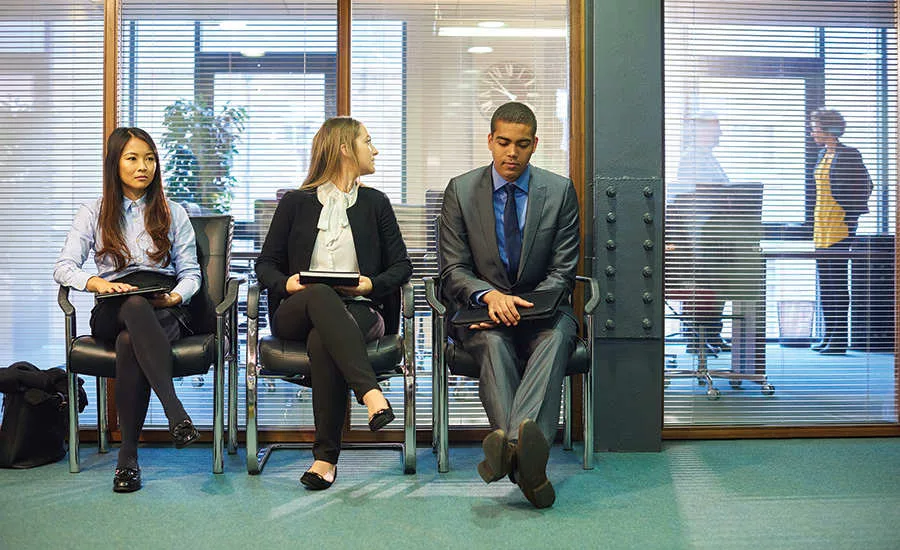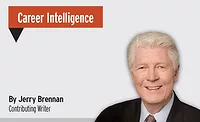The Interview Process

The time you invest in preparation for the interview processes used by organizations is fundamental to your success in being selected for a role. View the experience as an opportunity to gather information about the position and assess the company and its people in a manner similar to how you are being evaluated. Prepare for it, clearly articulate your answers to interview questions and engage your active listening skills. Who your interviewers are within the organization combined with what they are asking you often will provide a window into the company’s culture and how the role you are interviewing for will be viewed.
People have lots of different interview styles. Think about how you will respond in different circumstances and reflect on answers to possible questions. Be prepared to discuss topics that are likely to be on an interviewer’s mind such as your: compatibility with the role; relevant skills and experience; management style and interpersonal skills; motivation, interest in the position and career aspirations; passion and understanding of the organization and their industry; personality and cultural fit; accomplishments and problem solving abilities; professionalism, diligence, leadership and creativity; team selection and development; and personal interests and hobbies.
You should also be prepared to ask questions that will convey your understanding of the organization and how the role can deliver value to their strategic objectives. These should be about meaningful issues, ones that the answers to are substantively valuable to the process for both yourself and the interviewer.
During the search process you can generally expect four categories of interviews:
-
Preliminary Screening: Often done by telephone to determine if your background and experience is a match for their vision of the role. This is a first impression of cultural personality fit, compensation level challenges and any geographic restrictions. The department and level of company representative who may conduct this initial interview varies widely. Plan to ask about next steps, timing and the overall process used by the organization.
-
In-Depth Evaluation: Assesses your suitability for the role and offers the company a second view of your fit for their organization. This may be done by telephone, Skype or in-person depending on timing, geography, scheduling and/or recruitment budget.
-
Deep Dive: Generally on site with the hiring manager and any other stakeholders. It may be panel style, more than one interviewer and/or five to six individual meetings one-on-one. This offers the company a collective view of whether or not you will be successful within their organization.
-
Final Phase: Meetings with an expanded group of stake holders and/or senior executive meetings are frequently incorporated prior to selection of a final candidate. These sessions vary from a seemingly informal chat with the CEO to substantive strategic alignment discussions and personality connections with several members of the leadership team. It is possible that the employer will combine all or part of these meetings on the same day with the third phase of deep dive meetings.
Senior security risk roles are increasingly very critical hires for organization, and the market is extremely competitive. From the hiring company’s perspective, each part of the interview process is designed to examine you as a candidate and ascertain if the organization will benefit from hiring you, delivering them a return on their investment. It is equally important for you to assess your fit for the company and the role. The various levels of the interview process offer both parties opportunities to achieve their respective goals.
Looking for a reprint of this article?
From high-res PDFs to custom plaques, order your copy today!







